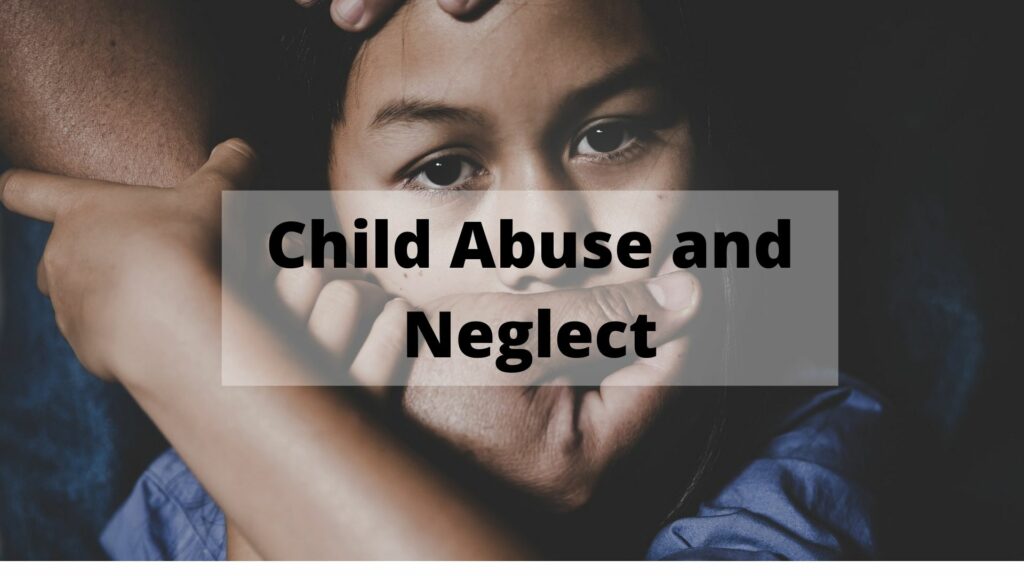Child abuse is a term that is in use to describe the mistreatment of children. Therefore, the definition of child abuse varies depending on who you ask. However, there are some general guidelines that most people agree upon. It could be physical abuse or emotional abuse. It could be sexual or other types of exploitation. Moreover, all these forms of maltreatment have one thing in common. They’re done by someone who should know better than to hurt a child in this way.
Contents
What Is Child Abuse?
It means any recent act or failure to act on the part of a parent or caretaker which results in death, serious physical/mental injury, or sexual abuse or exploitation. Moreover, an act or failure to act presents an imminent risk of serious harm.
It is a serious problem that should not be ignored. According to childhelp.org, “As many as one in four children nationwide will get abused before they turn 18.” This means there are millions of mistreated kids all around the country who need help from an adult.
More broadly defined as “A person responsible for the child’s welfare failed to exercise reasonable diligence in assuring provisions were made for the safety, protection, and physical and emotional well-being.” It can include neglect (i.e., withholding food), willful deprivation (i.e., locking up the money), refusal to provide needed health care) abandonment – desertion of a child, persistent cruelty to others in the home), or violation of basic rights (i.e., physical confinement).
It can also include permitting drug use or alcohol abuse by another parent/caretaker when such conduct is likely to seriously endanger the health and welfare of the children).
What is Neglect?
It means failure on part of the responsible person for care, custody, and control to supply necessary food clothing shelter medical attention social services guidance protection, or reasonable demands made upon them by law.
This includes abandonment which refers generally to deserting an infant without identification with the intent that it shall not be found; desertion may also refer to leaving a dependent at risk through acts (or omission) placing it in danger; often used interchangeably with “.
Child abuse and neglect are when a parent or caregiver hurts their child in some way. This can include:
However, there are different types of child abuse, which fall into four major categories: physical abuse, sexual abuse, emotional abuse, and neglect.
Forms Of Child Abuse
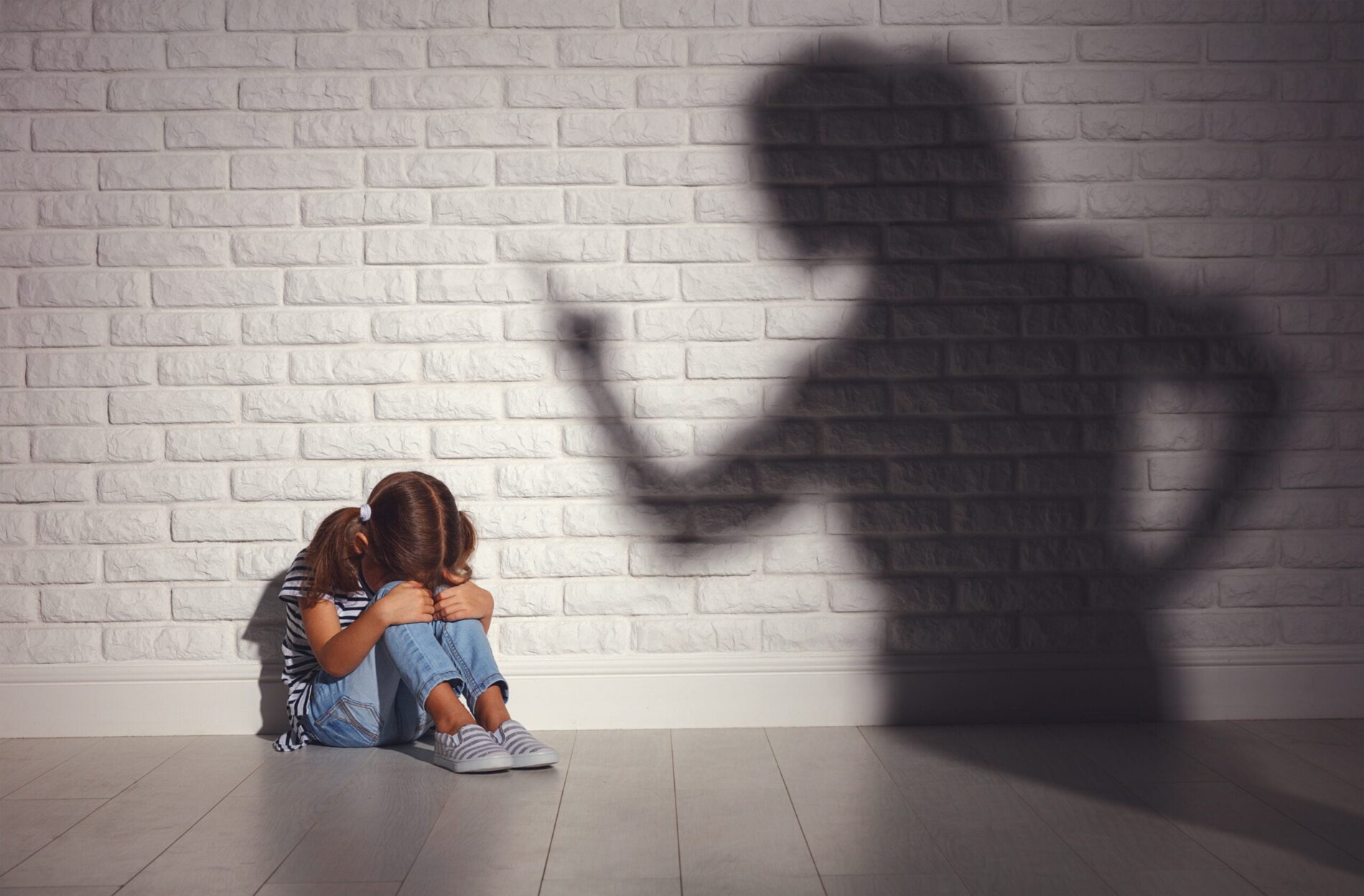
Child abuse happens in a variety of ways, and it’s all too common at the same time.
- Physical abuse is a form of mistreatment in which a kid’s body is intentionally harmed or put at risk of injury by another person.
- Child sexual abuse is any sexual contact with a kid, such as fondling, oral-genital intimacy, intercourse, exploitation, or exposure to child pornography.
- Emotional abuse. Emotional abuse refers to harming a child’s self-esteem or emotional wellbeing. It includes verbal and emotive assault – for example, systematically insulting or berating a kid – as well as isolating, ignoring, or rejecting the child.
- Medical child abuse is when someone gives incorrect information about a sick kid’s condition that needs medical attention, putting the youngster in danger of harm and needless medical care.
- This is a type of neglect that refers to failure to provide adequate food, shelter, attention, supervision, education, or dental or medical care.
In many cases, child abuse is done by someone the kid knows and trusts, usually a parent or other family member.
Symptoms Of Child Abuse
A kid who is being abused might be feeling guilty, ashamed, or confused. He or she may be afraid to speak about the abuse. Especially if the abuser is a parent, close family member, or close friend. It’s critical to look for red flags such as:
- Withdrawal from friends or usual activities.
- Changes in behavior — such as aggression, anger, hostility, or hyperactivity — or changes in school performance.
- Depression, anxiety or unusual fears, or a sudden loss of self-confidence.
- An apparent lack of supervision.
- Frequent absences from school.
- Reluctance to leave school activities, as if he or she doesn’t want to go home
- Attempts at running away.
- Rebellious or defiant behavior.
- Self-harm or attempts at suicide.
Signs and symptoms of abuse can vary depending on the kind of abuse. Therefore, keep in mind that warning signals are only indicators. A child may or may not be being abused based on the presence of warning signs.
Physical Abuse Signs
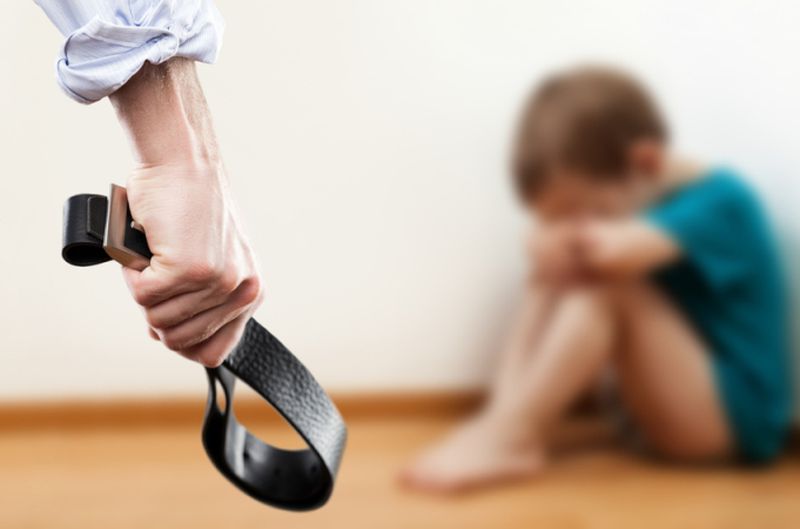
The signs for physical abuse include –
- Unexplained injuries, such as bruises, fractures, or burns.
- Injuries that don’t match the given explanation.
- A child may cower when a parent raises a hand.
Sexual Abuse Signs
Symptoms of Sexual Abuse are –
- Sexual behavior or knowledge that’s inappropriate for the child’s age
- Pregnancy or a sexually transmitted infection
- Blood in the child’s underwear
- Statements that he or she was sexually abused
- Inappropriate sexual contact with other children
Emotional Abuse Signs
The Emotional Abuse Signs are –
- Delayed or inappropriate emotional development.
- Loss of self-confidence or self-esteem.
- Social withdrawal or a loss of interest or enthusiasm.
- Depression
- Avoidance of certain situations, such as refusing to go to school or ride the bus.
- Desperately seeks affection.
- A decrease in school performance or loss of interest in school.
- Loss of previously acquired developmental skills.
Neglect Signs
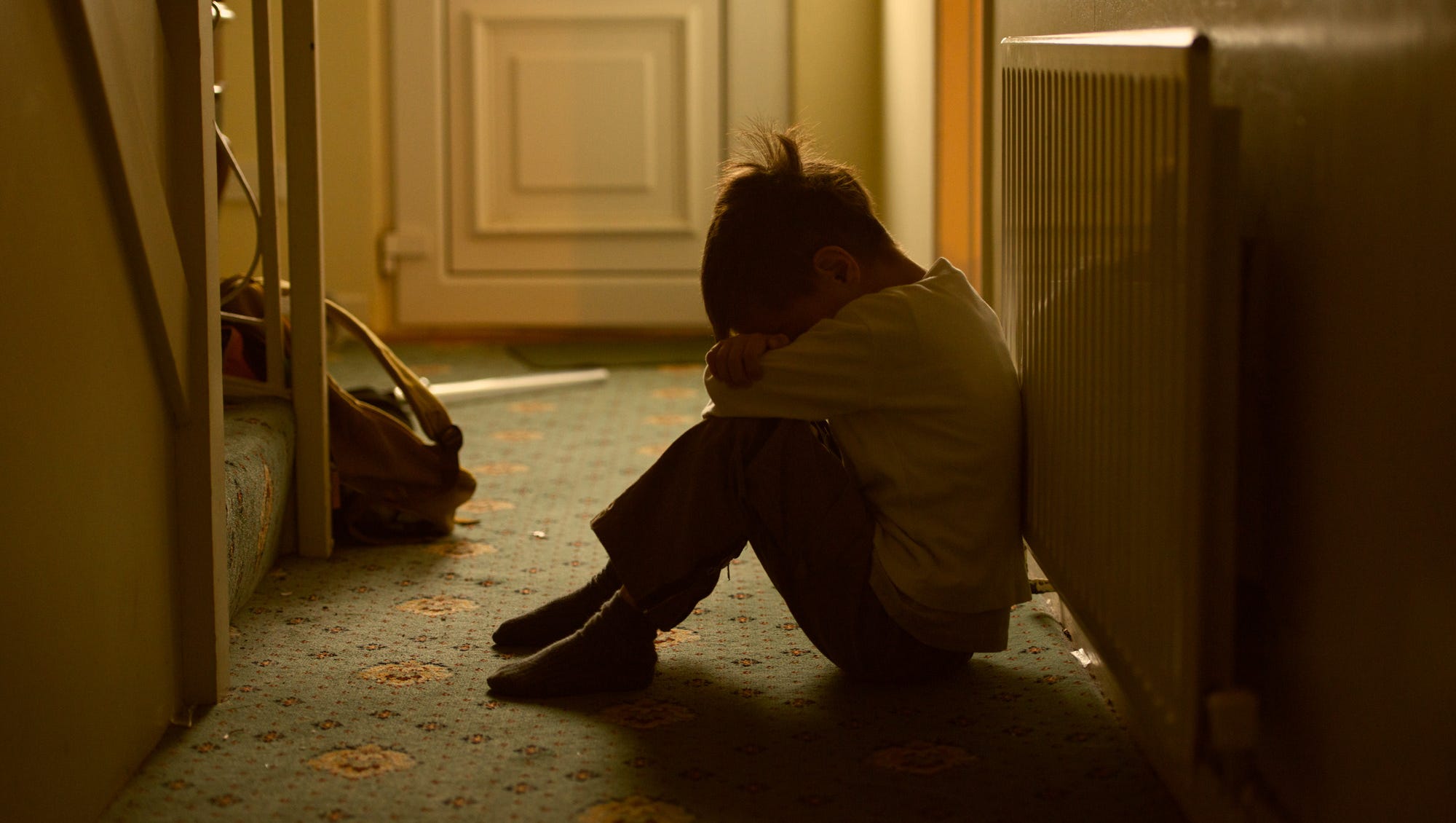
Signs of Neglect include –
- Poor growth or weight gain or being overweight.
- Poor hygiene
- Lack of clothing or supplies to meet physical needs.
- Taking food or money without permission.
- Hiding food for later.
- Poor record of school attendance.
- Lack of appropriate attention for medical, dental, or psychological problems or lack of necessary follow-up care.
Parent Behavior And Child Abuse
A parent’s behavior or demeanor may occasionally indicate child abuse. Therefore, red flags include a parent who:
- Shows little concern for the child.
- Appears unable to recognize physical or emotional distress in the child.
- Blames the child for the problems.
- Consistently belittles or berates the child, and describes the child with negative terms, such as “worthless” or “evil”.
- Expect the child to provide him or her with attention and care and seems jealous of other family members getting attention from the child.
- Uses harsh physical discipline.
- Demands an inappropriate level of physical or academic performance.
- Severely limits the child’s contact with others.
- Offers conflicting or unconvincing explanations for a child’s injuries or no explanation at all.
While the use of violence in any form is rejected by pediatricians. However, some parents still utilize corporal punishment, such as spanking, to control their children. Moreover, any type of physical punishment might leave emotional scars. Therefore, parenting methods cause pain, bodily harm, or emotional trauma. Even if they are done in the name of discipline. However, this could be abusive.
Recognizing Child Abuse
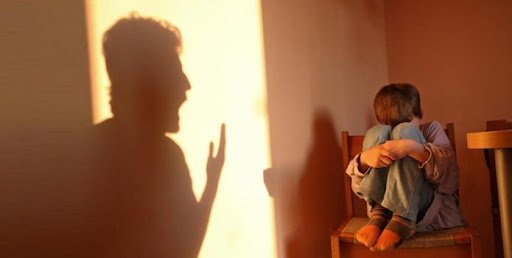
Abusive behavior may take many forms. However, the underlying common element is the emotional impact on the child. Whether it’s a slap, a critical word, stony silence, or uncertainty about dinner being served. The result is a child that feels insecure unwanted and abandoned.
Emotional Abuse
Emotional abuse occurs when a youngster’s emotional, psychological, or social well-being and sense of worth are continually assailed. It might include a pattern of deriding, rejecting, condemning, discriminating against. This also includes demeaning, ignoring, isolating, corrupting, exploiting, and terrorizing a kid. It might stem from family violence or involvement in unlawful or anti-social activities.
Examples of emotional abuse include:
- Constant belittling, shaming, and humiliating.
- Calling names and making negative comparisons to others.
- Telling a child they’re “no good,” “worthless,” “bad,” or “a mistake.”
- Frequent yelling, threatening, or bullying.
- Ignoring or rejecting a child as punishment. Giving them the silent treatment.
- Limiting physical contact with a child. No hugs, kisses, or other signs of affection.
- Exposing a child to violence against others. Whether it is against the other parent, a sibling, or even a pet.
Physical Abuse
It can be caused by hitting, beating, kicking, shaking, biting, burning, or throwing a kid. However, physical abuse in the family might also be caused by excessive or unjustified punishment or violence.
Injuries to a youngster can occur in a variety of degrees and may range from –
- minor contusions
- burns, swelling sores/bites/marks
- major fractures of the long bones or skull
- Physical disabilities
- Learning disabilities
- Substance abuse
- Health problems, such as heart disease, immune disorders, chronic lung disease, and cancer
Sexual Abuse
Sexual abuse includes any conduct by an adult that sexually involves a child. While it may be carried out by a stranger. Moreover, the vast majority of sexual abuse is committed by someone the victim knows and likes. It encompasses everything from touching for sexual gratification, cupping breasts, behinds, genitals, oral sex, intercourse, and an adult exposing themselves. Other examples include –
- Insist on physical affection such as kissing, hugging, or wrestling even when the child does not want it.
- Are overly interested in the sexual development of a child or teenager.
- Insist on time alone with a child with no interruptions.
- Spend most of their spare time with children and have little interest in spending time with people their age.
- Regularly offer to babysit children for free or take children on overnight outings alone.
- Buy children expensive gifts or give them money for no apparent reason.
- Frequently walk in on children/ teenagers in the bathroom.
- Treat the child as a favorite, making them feel ‘special’ compared with others in the family.
- Pick on the child.
Child Neglect
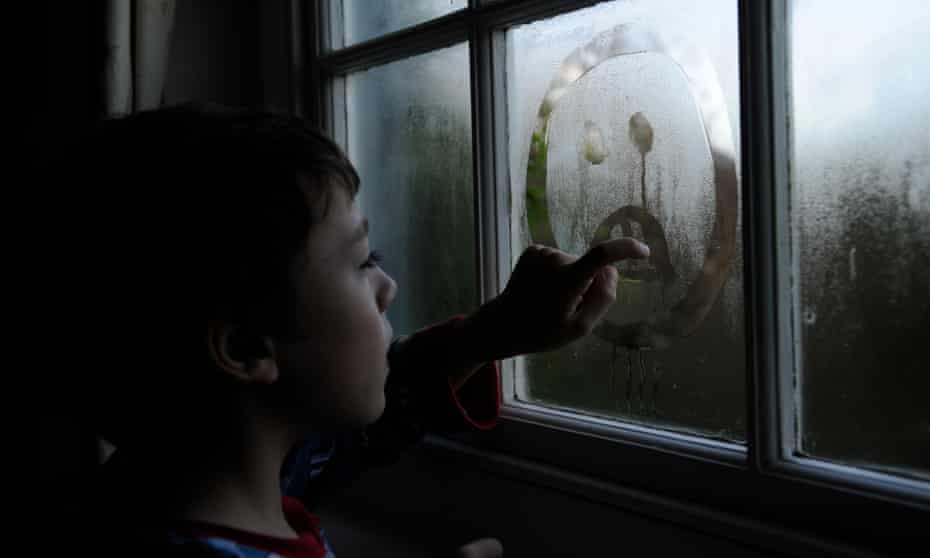
Neglect, which is a very prevalent form of child maltreatment. It is a set of neglect to meet the basic needs of a kid. Therefore, these include- not enough food, clothing, hygiene, or supervision.
It’s not always simple to detect child neglect. A parent may become physically or mentally disabled. For example, as a result of a serious illness or injury, or untreated depression or anxiety. However, other times, alcohol or drug abuse might severely hinder judgment and the capacity to safeguard a kid.
Causes Of Child Abuse
Moreover, these factors that may increase a person’s risk of becoming abusive include:
- A history of being in abuse or neglect as a child.
- Physical or mental illness, such as depression or post-traumatic stress disorder (PTSD).
- Family crisis or stress, including domestic violence and other marital conflicts, or single parenting.
- A child in the family who is developmentally or physically disabled.
- Financial stress, unemployment, or poverty.
- Social or extended family isolation.
- Poor understanding of child development and parenting skills.
- Alcohol, drugs, or other substance abuse.
Complications
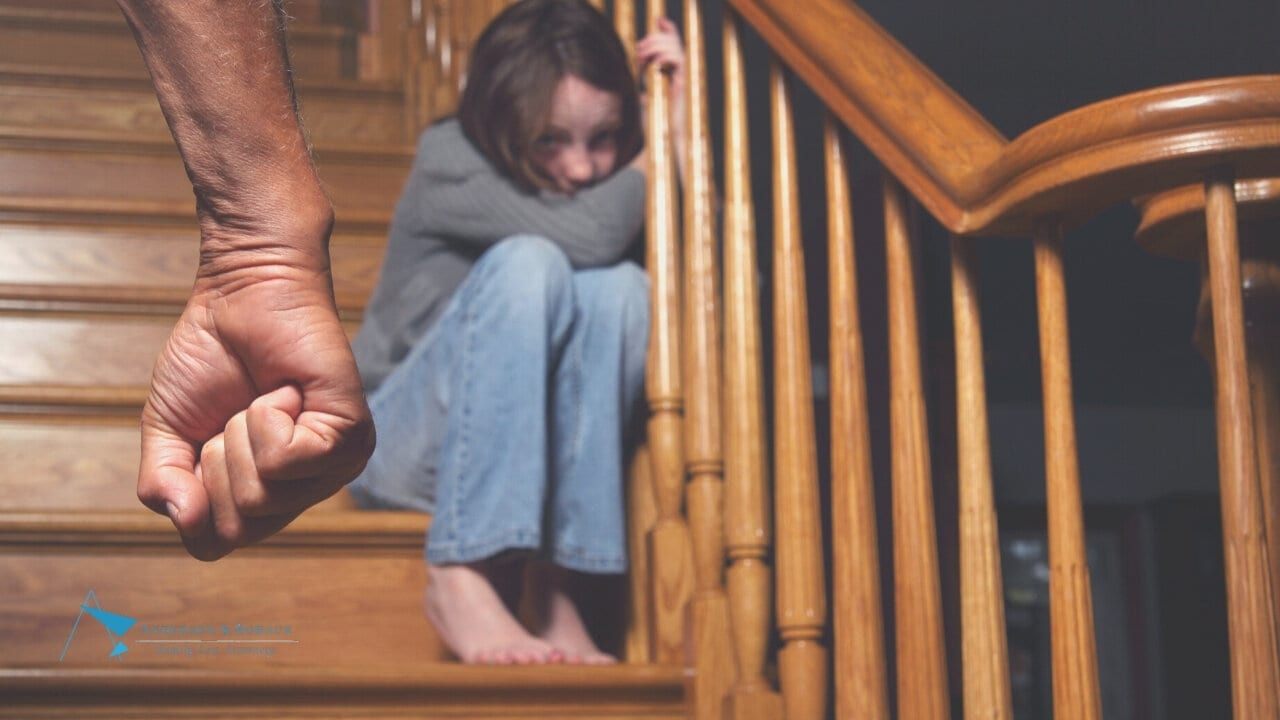
Some children overcome the physical and psychological effects of child abuse. Particularly those with strong social support and resiliency skills who can adapt and cope with bad experiences. However, for others, child abuse may result in physical, behavioral, emotional, or mental health issues even years later.
Behavioral Issues
Moreover, behavioral issues include –
- Delinquent or violent behavior
- Abuse of others
- Withdrawal
- Suicide attempts or self-injury
- High-risk sexual behaviors or teen pregnancy
- Problems in school or not finishing high school
- Limited social and relationship skills
- Problems with work or staying employed
Mental Health Disorders
Child Abuse can lead to several mental health issues, Therefore, these are –
- Eating disorders
- Personality disorders
- Behavior disorders
- Depression
- Anxiety disorders
- Post-traumatic stress disorder (PTSD)
- Sleep disturbances
- Attachment disorders
How To Report Child Abuse
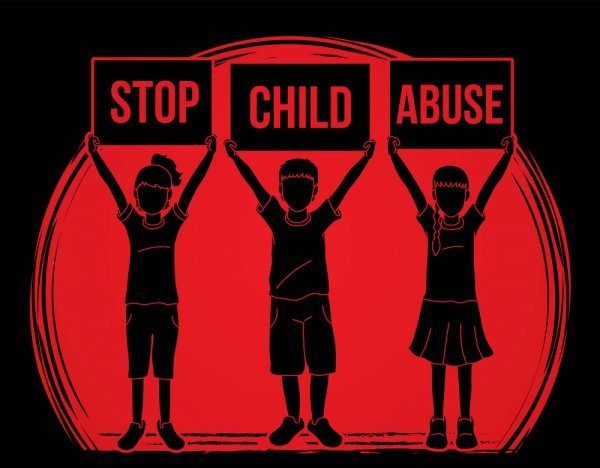
There are several things you can do to help prevent abuse from occurring or stop it early.
Firstly, do something personally to help: It is not simple to get involved at any time, especially when your worries are with family or friends. You may prevent something more severe by assisting or listening compassionately in the early phases. Therefore –
- Learn to recognize the signs
- Provide a listening ear
- Offer help
- Give helpful information
- Explain that violence is not OK
Secondly, look for community systemic support for the family: If you believe that you are unable to assist, you may contact Childline (1098) and discuss your concerns confidentially with a social worker. They’ll provide you with suggestions. Several other organizations can help children and families if needed. You can reach out to any of them.
Lastly, Contact CWC. If a kid requires support and assistance in terms of rescue, rehabilitation, shelter, education, counseling, legal aid, protection, transfer to a new home or safety. Call the Child Welfare police officer at once.
Preventing Child Abuse
To Prevent Child Abuse, one should:
- Try to figure out who your kids are.
- Learn how children act and what they’re capable of at different ages.
- Set reasonable standards and be patient if youngsters fall short of them.
- Keep your children safe and healthy.
- Denying a child food, sleep, or medical care is considered abuse.
- Help for alcohol or drug addiction is available. Keep children away from anybody who abuses drugs or alcohol.
- Keep an eye on what you’re saying. Words that are furious or punitive may leave emotional scars for a long time.
- Before you discipline a kid, get yourself under control. Make clear regulations so the youngster understands what to anticipate.
- Physical punishment should be avoided at all costs.
- Take a breather. If you begin to act out your irritation or other feelings physically, stop. Take a stroll with someone to talk with or watch your children.
- If you believe you may strike your child, contact the national child abuse hotline.
- Make your house a violence-free zone. Turn off violent TV shows and keep children from being under the same roof as an abusive adult, if possible.
- Join a program for new parents. These can help you with parenting.
- If you are a parent, take breaks from your children. This will give you a chance to relax from being a full-time parent.
Hence, these are the tips that a parent should follow to prevent child abuse.
Conclusion
If you’re a parent, there’s no such thing as parenting perfectly. You can do your best and still make mistakes. It is important to remember the most important part of being a good parent is that we all want our children to be happy and feel loved. No matter what mistakes we might make along the way, it’s worth remembering that every day with them counts-even if they don’t know how much time they have left on this earth. So give them anything and everything they need while you still can; chances are, in some small or big way, their lives will change for the better because of it.”
For more information, please contact MantraCare. Abuse is a serious and harmful behavior that can cause physical, emotional, or psychological harm to a person. If you have any queries regarding Online Counseling experienced therapists at MantraCare can help: Book a trial Online therapy session
